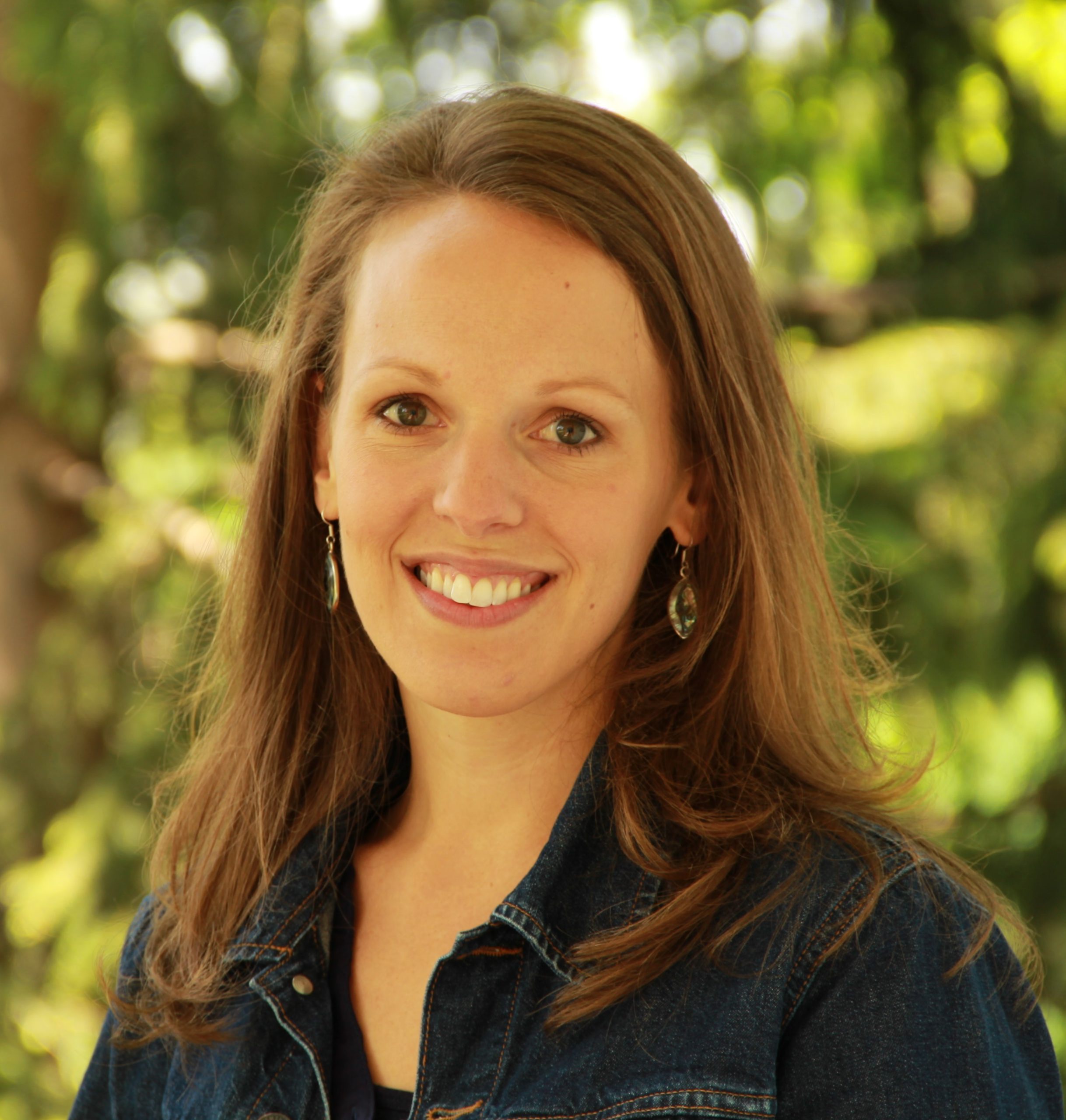
Jenna Liechty Martin serves as executive director at Camp Friedenswald (Cassopolis, MI) and lives on Turtle Hill with her husband, Peter, and two young children, Henry and Mae.
_______________
It just keeps getting darker.
It’s not a new phenomenon, but this year the darkening days and their effect on me seem more pronounced. My family is waking up with the sun, inching up later with each passing day. And, by day’s end, even two-year-old Mae watches the sinking sun and darkening sky, and remarks that it must be time to sleep. We all seem to use what energy we have to make it through the day, but when darkness falls, so do we. We’re all tired.
Memories of late June, when we’d sit by water’s edge, watching evening shadows creep over the dock, confound me. How did we manage to be out – and active – so “late” into the evening, when now, by 7 p.m. we’re ready to crawl under the covers? It’s so counter to our current experience, that it causes me to wonder whether we’ll ever return to it again.
Most creatures experience changes in their bodies and behaviors along with the seasons.
The oaks brace themselves for winter by dropping their leaves. The ducks move more slowly, conserving what energy they have for the coldest days to come. The insects lay dormant, leaving the night silent. While in prior years it’s been easier for us to gloss over some of the seasonal changes, this year has felt different. With nowhere to go, and without the gatherings and traditional holiday festivities, we’re slowing down and entering into the dark.
In our Christian liturgical calendar the season of Advent coincides with the darkening days (at least in the Northern Hemisphere). In this season we wait… we wait for the birth of the Christ child to break in and disrupt the darkness and turn us towards the light. Every year this drama plays out in our worship, often in stark contrast to the constant-Christmas-cheer that surrounds us in the weeks leading up to the holiday. The temptation to jump ahead to Christ’s birth, to the light, to spring, is strong.
Sometimes while walking in the woods I wonder: What if spring doesn’t come? What if the days don’t get longer? What if the trees remain dormant? What if the frogs forget to peep and the skunk cabbage doesn’t have enough heat to break through ice? What if, after the season of Advent, after all this waiting, Christ is not born?
Is it the promise that Christ will be born that gets us through the darkest days? Or, I wonder, does Advent invite us to suspend, for a time, the certainty of belief that Christ will be born, that days will lengthen, that spring will come? How do we truly enter into a season of waiting… hoping… longing… if we know precisely how it will turn out?
It’s a paradox of the Christian story that confounds me. We know the answer. And yet the answer is still unfolding. We don’t know the answer. And yet the answer has come.
It’s been a hard year. I can totally understand the desire to skip Advent and to find some relief and comfort in the certainty of Christmas. And yet this year, as the days grow darker, I find myself relinquishing to the dark, the uncertainty. I do not know where the darkening days will lead.
Over the past year the woods have provided a sense of groundedness, assurance, and order when all else seemed disrupted. And then, in early November, on an unseasonably warm day, hepatica bloomed. Hepatica, the harbinger of spring, bloomed, proclaiming winter’s end before it even began. And, with its blossoms, my confidence in the constancy of the seasons, wilted. What a disordered year this has been.
On the first day of Advent my family wrote the following words on a tiny piece of paper that we rolled up into a scroll. We read them together nightly in the messiest, most chaotic manner imaginable, but nonetheless, we pray:
O GOD, we wait for you…
to bring hope
to bring joy
to bring peace
to bring love
O GOD, we wait for you.
As we read, the words often fall out of order, or get interjected with longings for dogs or kitty cats, but we keep praying, waiting, wondering if Christ will come, if spring will ever arrive, and hoping that we haven’t missed it.

